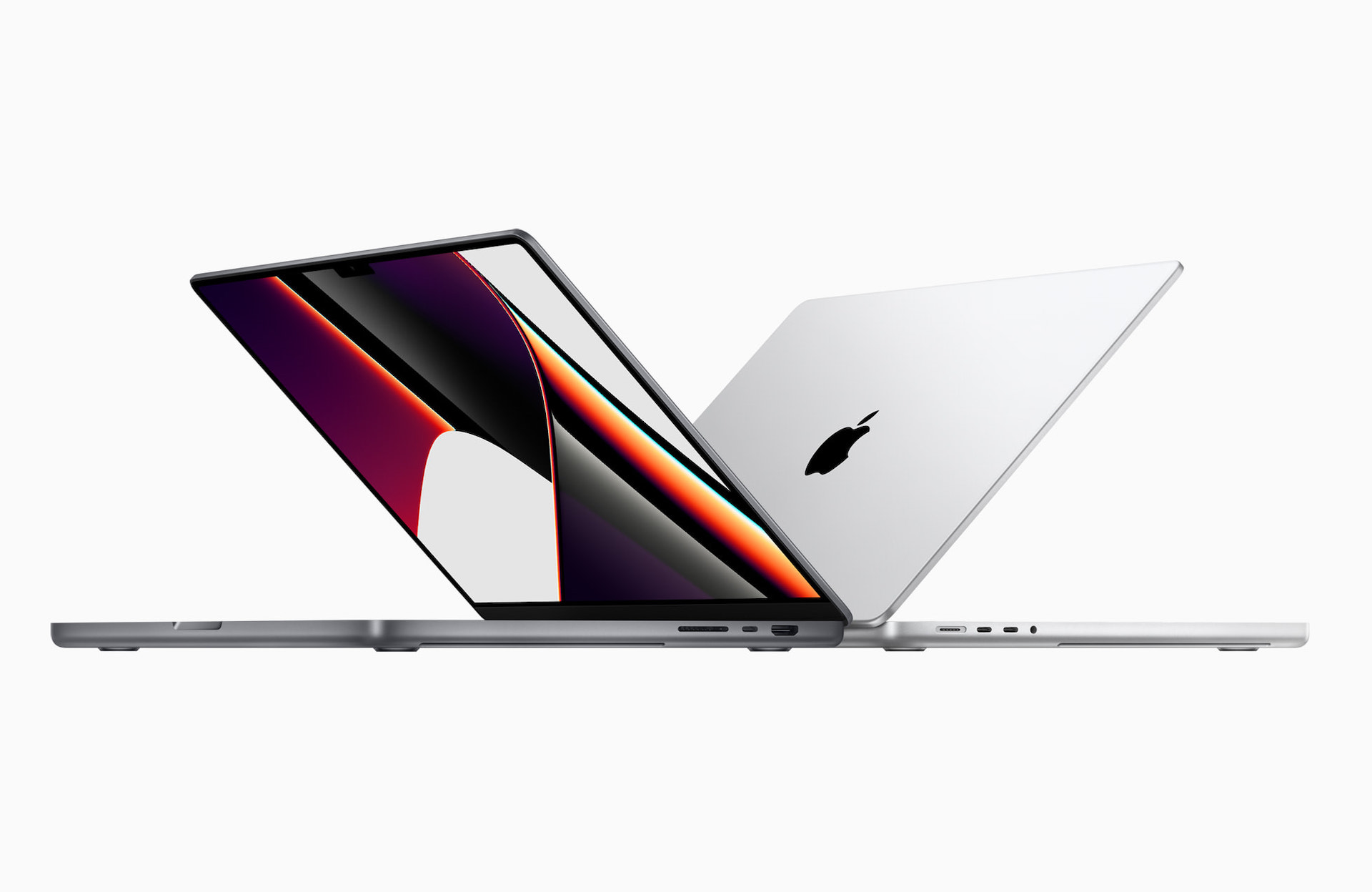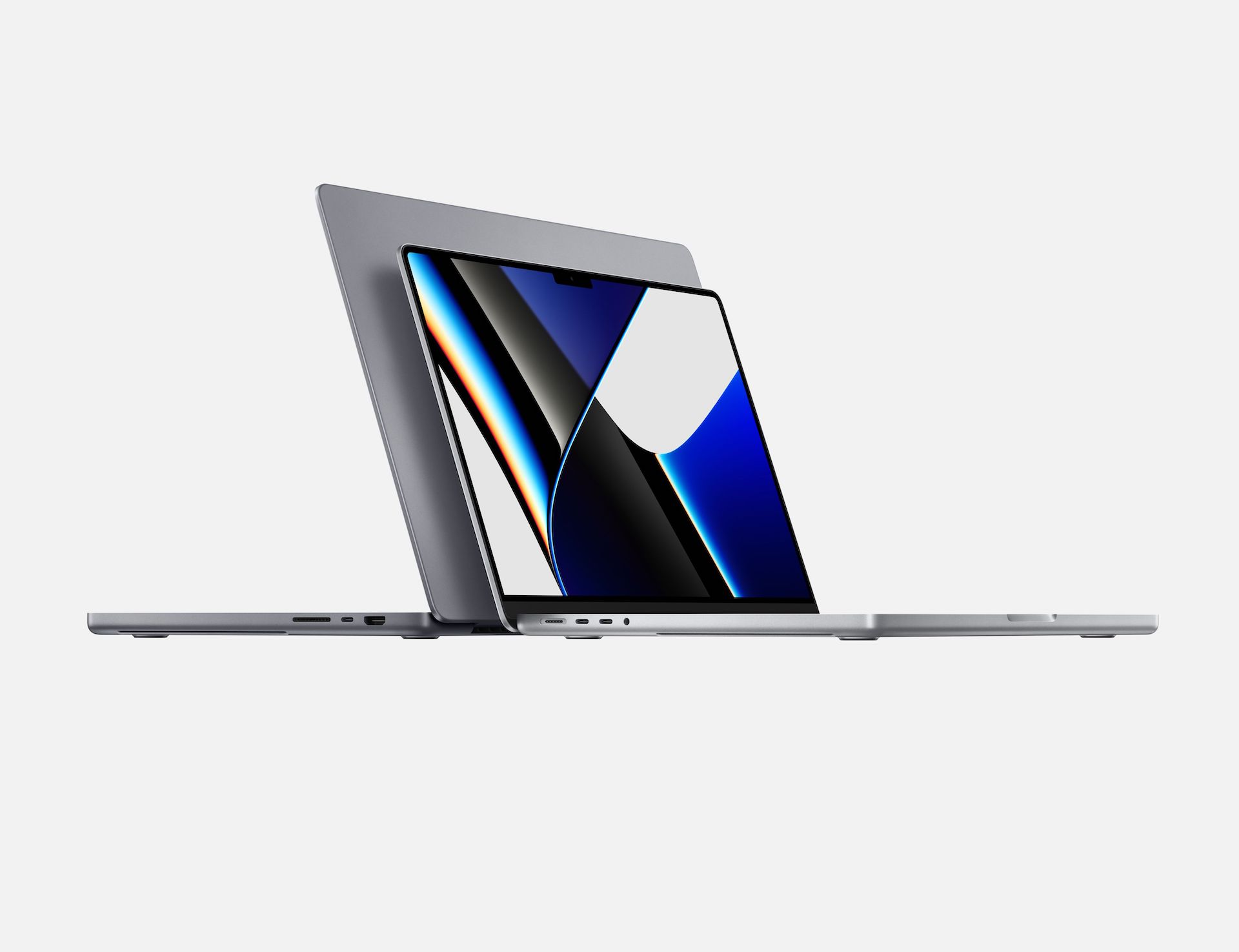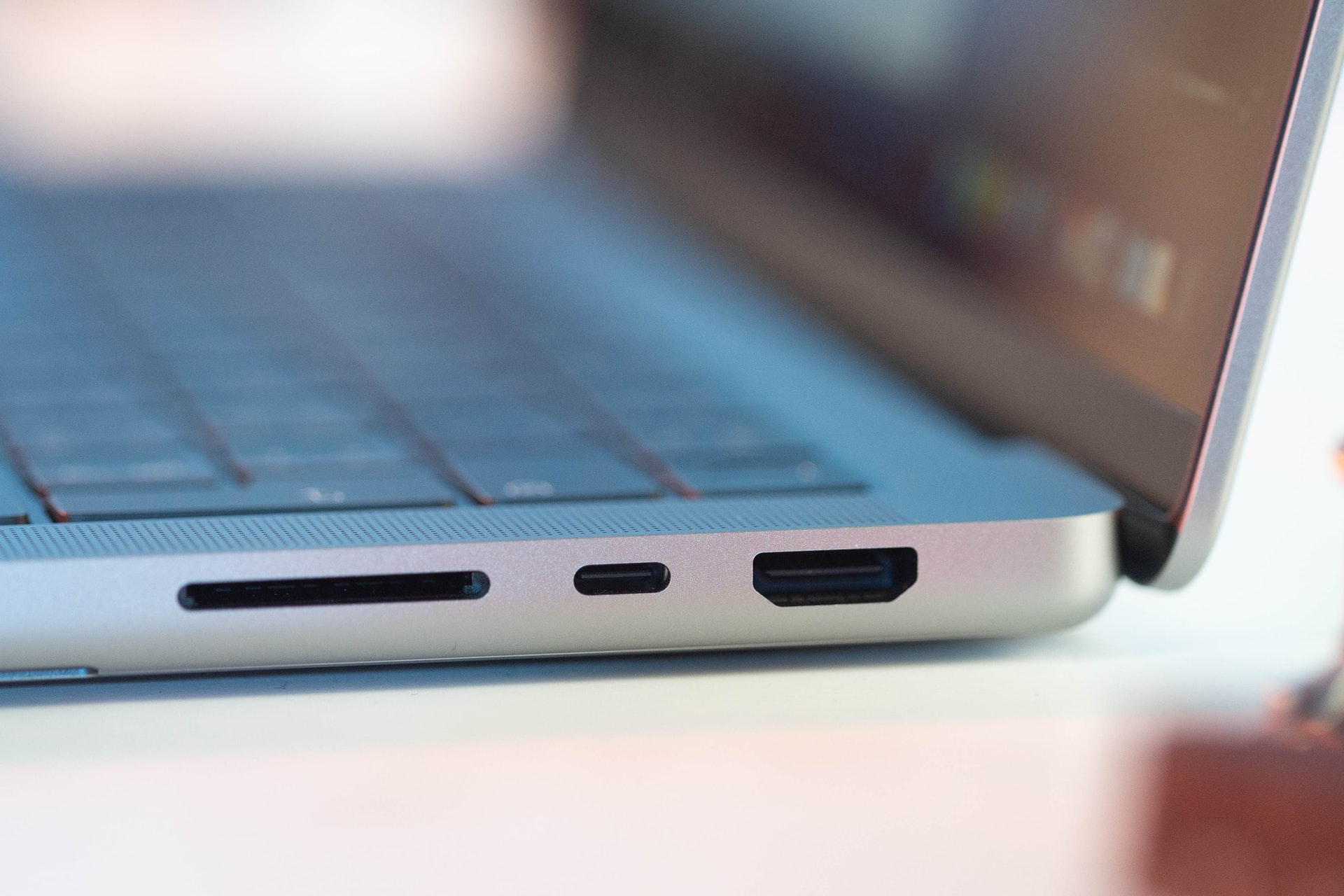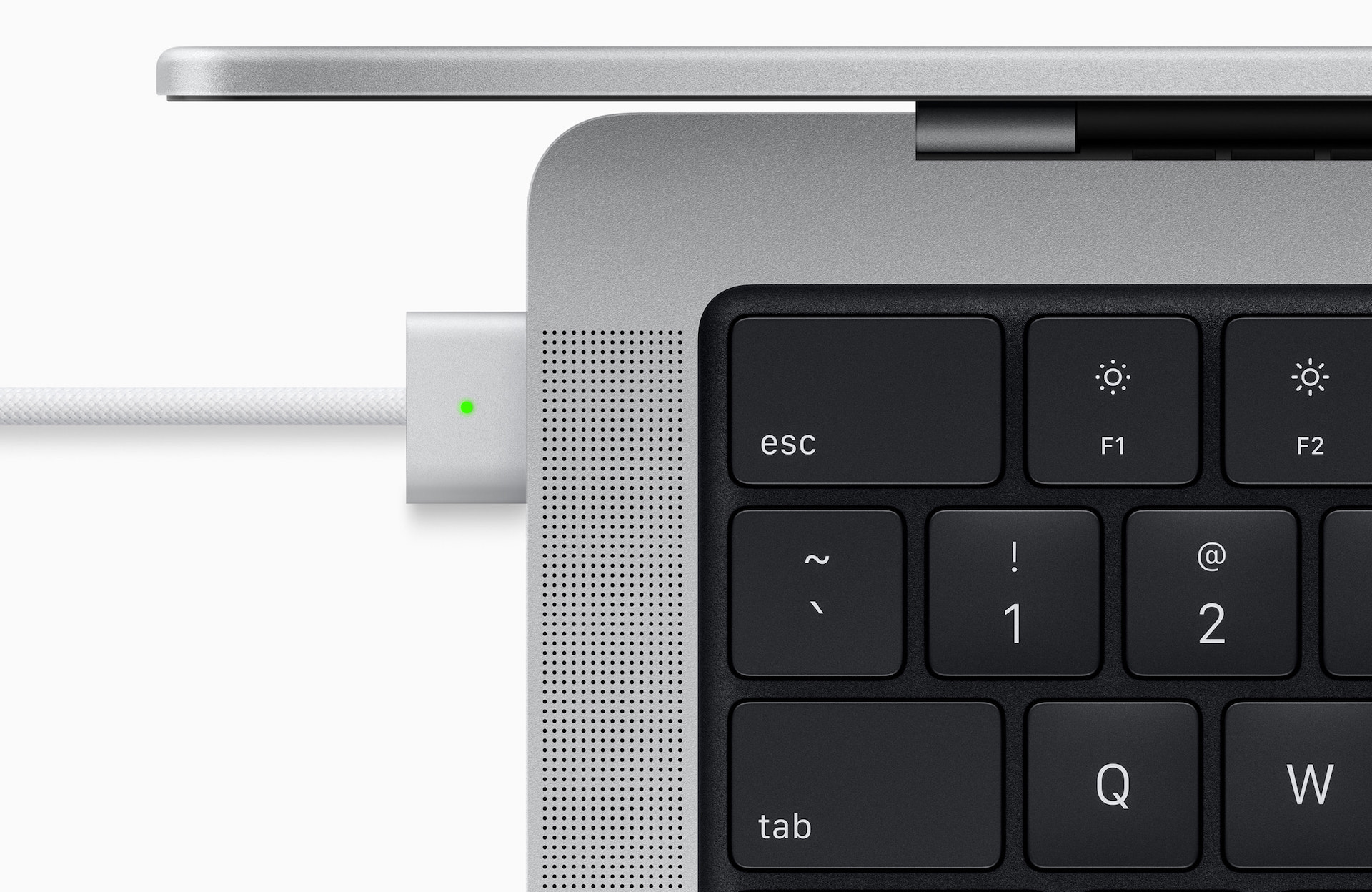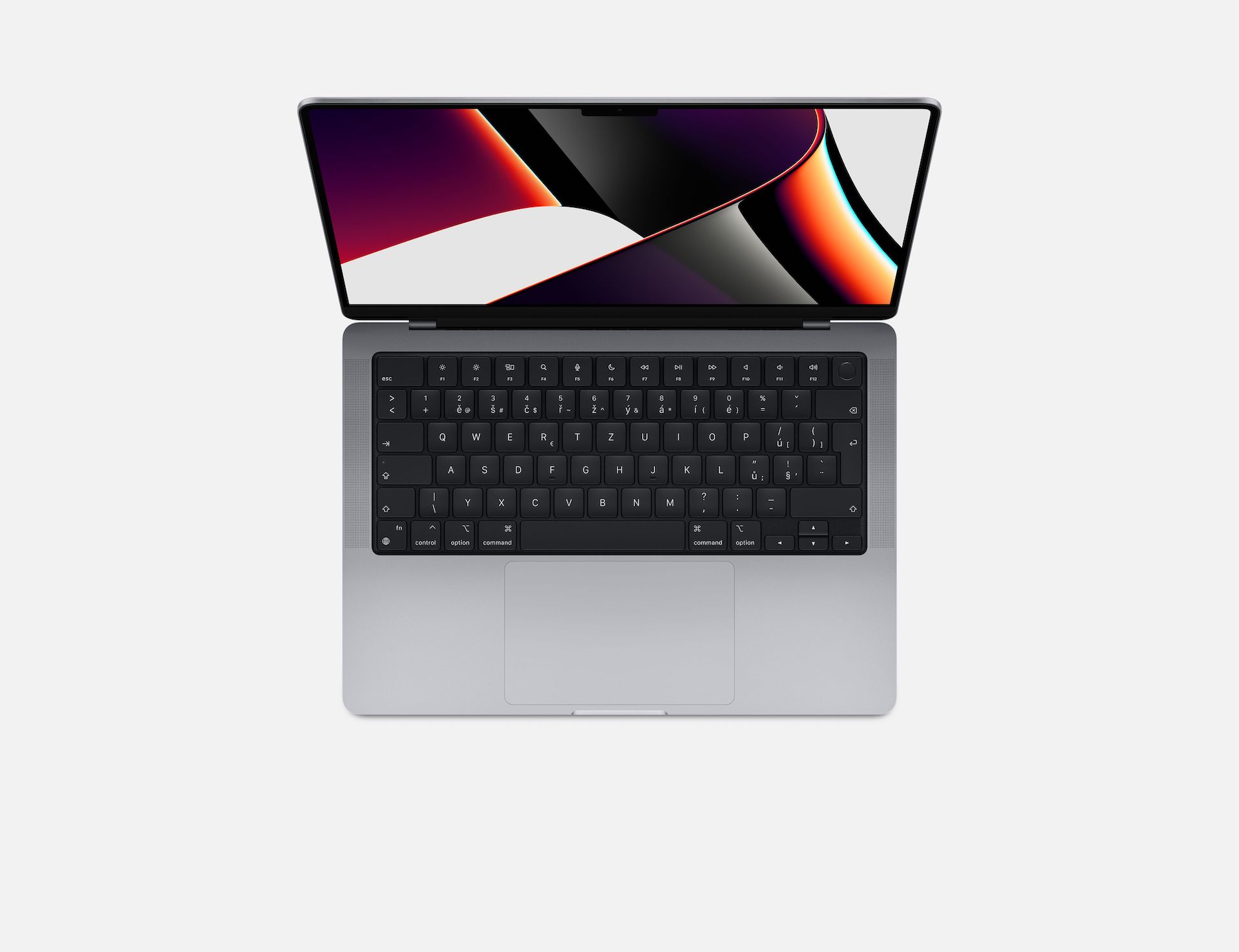Apple fans have been speculating for a long time about the upcoming October news, among which the new Macs and iPads equipped with chips from the Apple Silicon family are expected to feature. Although we already know quite a bit about the expected products, it's still not entirely clear how Apple will go about introducing them. Practically, until now, the traditional (pre-recorded) keynote was used. However, the latest speculation says otherwise.
It could be interest you

According to current information from Mark Gurman, a Bloomberg reporter who is considered one of the most accurate sources among Apple fans, Apple sees the matter a little differently. We are not supposed to count on a traditional conference at all, as the giant will present its news only in the form of a press release via its Apple Newsroom platform. This specifically means that there would be no grandiose presentation - only a news release informing about possible changes and news. But why would Apple adopt such an approach when it comes to Apple Silicon?
Why new products don't get their own keynote
So let's focus on the fundamental question, or why new products don't get their own keynote. Looking back over the past two years, we can clearly say that the entire Apple Silicon project is extremely important to the Mac family. Thanks to this, Apple was able to partially get rid of its dependence on Intel, while at the same time noticeably raising the quality of its computers to a completely new level. It is therefore not surprising that each introduction of new models equipped with Apple's own Silicon chip has been a worldwide success. For this reason, it may seem incomprehensible why Apple would want to end this trend now.
In the finale, however, it makes fairly clear sense. Among the September news should be Mac mini with M2 and M2 Pro chips, 14″ and 16″ MacBook Pro with M1 Pro and M1 Max chips and the new iPad Pro with M1 chip. All three devices have one rather fundamental feature in common - they will not experience any fundamental revolution. Mac mini and iPad Pro are supposed to keep exactly the same design and only come with a more powerful chip or other minor changes. As for the MacBook Pro, last year it received a fairly fundamental overhaul in the form of a new design, a switch to Apple Silicon, the return of some connectors or MagSafe and a number of other gadgets. Currently, all three products are only supposed to be minor changes moving them a step forward.
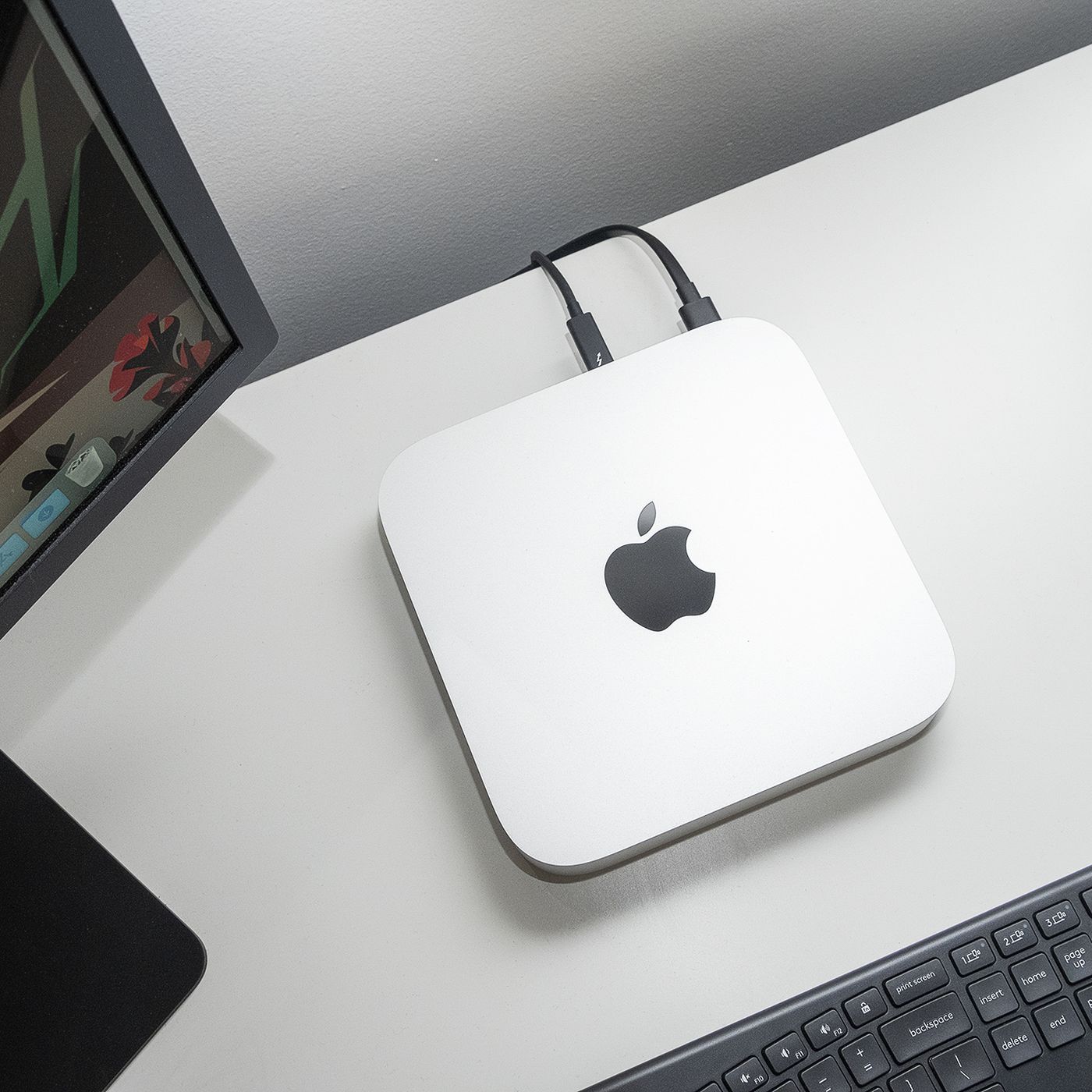
At the same time, the question is whether this approach does not accidentally speak about the possible qualities of the M2 Pro and M2 Max professional chips. Accordingly, it can be expected that they will not bring such fundamental improvements (compared to the previous generation). However, something like this can be very difficult to estimate in advance and we will have to wait for some time for the real results.
Mac Pro with Apple Silicon
The Mac Pro is also a huge unknown. When Apple first revealed to the world in 2020 its ambitions to transition to its own Apple Silicon platform, it explicitly mentioned that the complete transition would be completed within two years. But as promised, it didn't quite happen. The complete first generation of these chips was indeed released "on time," when the M1 Ultra chipset from the brand new Mac Studio was the end, but after the Mac Pro, the ground practically collapsed. At the same time, it is supposed to be the most powerful Apple computer of all, aimed at the most demanding professionals. The development of a new model with Apple Silicon has therefore been discussed practically since the first presentation of the M1 chip.

Most apple fans expected that we would see this rather interesting news later this year, while the October Apple Event was supposed to be the key moment. However, now Mark Gurman says that the Mac Pro will not arrive until 2023. So the question is what is the future of this device and how Apple will actually approach it.
It could be interest you

 Adam Kos
Adam Kos 